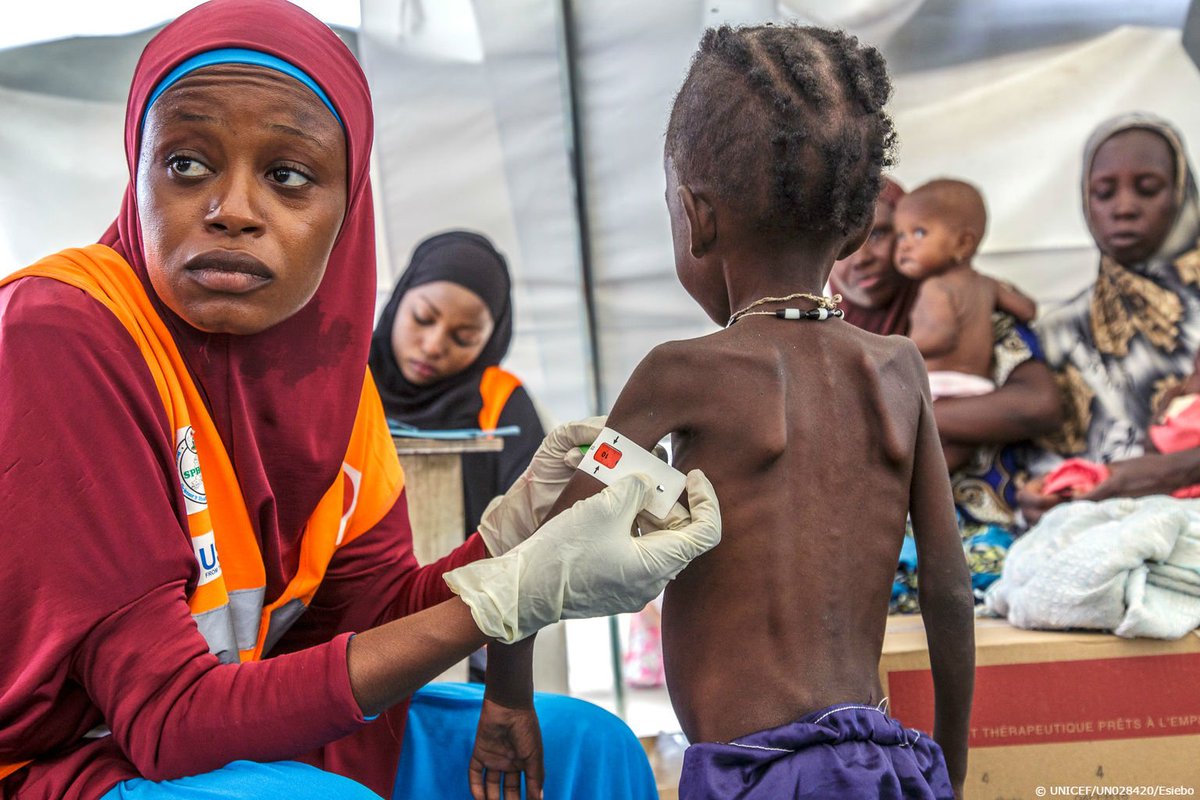No doubt, the novel coronavirus pandemic has disrupted and distorted different areas of human endeavours and the nutrition ecosystem readily comes to mind in this regard. Figures available on nutrition status of Nigerians, pre-pandemic, revealed that we had the second highest number of malnourished children with 2.5 million children in danger of severe acute malnutrition (UNICEF 2020). Thirty-seven per cent of under five children were stunted.
The prevalence of wasting among Nigerian children stood around 18 per cent while prevalence of undernutrition among pregnant women was 11 per cent and overweight/obesity was 25 per cent (National Population Commission and ICF International, 2014). Children and mothers in rural areas bear the brunt of this tragedy.
- 10 things you probably did not know about the new EFCC boss
- How bandits are turning Kaduna communities to ghost towns
Impact of COVID-19 restriction will worsen above scenario in multiple folds. The biggest issue with lockdown and other preventive measures was the disruption of food system. Access to basic commodities became problem because market places and hospitals were closed. Getting Vitamin A supplements for infants and young children was prematurely cut off, thereby denying certain group of children from not having the required amount of this nutrient needed for their development. Similarly, pregnant women inability to access antenatal care might deprived growing foetuses nutrients like iron, folic acid and B-complex needed to the concept of ‘first 1000 days’, starting from pregnancy to the second birthday.
For record purpose, growth and development of children has been affected and this takes long serious efforts to be ameliorated.
To start with, routine antenatal visits for pregnant women should improve with local governments playing leading roles in community sensitization. Vitamin A distribution should extend beyond primary health care centers (PHCs), house and community supply should be activated. With this, development partners can work with community health workers and media houses to work out its success models.
Similarly, in promoting children growth, importance of homemade nutrients-rich foods and complementary feedings should be emphasised. Practical approach should be adopted to teach and train young mothers this technique using social marketing models.
No health challenge is bigger or greater than another, Nigeria government: federal, states, and local governments should upheld sanctity of lives of mothers and children by giving adequate attention to their activities. In the name of getting vaccines for COVID-19, under no circumstance should we jettison precious lives of our mothers and children. Every live should count.
Aliyu Musa, a nutrition advocate, wrote from Ilorin.

 Join Daily Trust WhatsApp Community For Quick Access To News and Happenings Around You.
Join Daily Trust WhatsApp Community For Quick Access To News and Happenings Around You.


